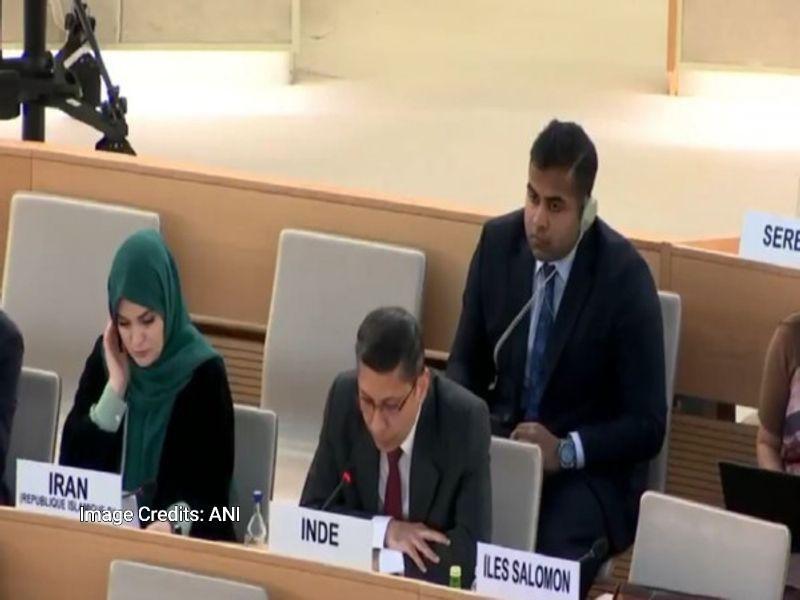
Unfounded, Baseless: India on UNHRC Chief Remarks on J&K, Manipur
India has categorically rejected the recent remarks made by the United Nations Human Rights Chief, Volker Türk, on Jammu and Kashmir (J&K) and Manipur. The UNHRC chief had expressed concerns over the situation in the two regions, calling for addressing violence in Manipur and questioning the restrictive laws in J&K. However, India’s permanent representative to the UN, Arindam Bagchi, has termed the statement as “unfounded and baseless.”
In a strong rebuke, Bagchi said that the world’s largest democracy continues to be a healthy, vibrant, and pluralistic society. He accused the UNHRC chief of “cherry-picking” facts and ignoring the positive developments in the country. The Indian government has been vocal in its criticism of the UN’s perceived interference in its internal affairs, and this latest statement has only added fuel to the fire.
The UNHRC chief’s statement on J&K was seen as a departure from the organization’s traditional stance on the region. While the UN has long been critical of India’s handling of the situation in Kashmir, Türk’s remarks were more direct and accusatory. He expressed concerns over the situation in the region, saying that it was “gravely concerning” and that the restrictions on human rights were “severe.” He also called for addressing the violence in Manipur, which has been plagued by insurgency and violence for decades.
India, however, has rejected the UNHRC chief’s statement, saying that it is “unfounded and baseless.” The government has been at pains to highlight the positive developments in J&K, including the restoration of peace and normalcy in the region. The government has also pointed to the large number of tourists who visit the region every year, saying that it is a testament to the fact that the situation is under control.
India has also accused the UNHRC chief of ignoring the positive developments in the country. The government has been working tirelessly to promote human rights and democratic values, and has made significant strides in recent years. From the passage of the Right to Education Act to the establishment of the National Commission for Protection of Child Rights, the Indian government has taken numerous steps to promote human rights and protect the vulnerable.
Moreover, the government has also taken steps to address the concerns of citizens in Manipur. The government has been working to address the insurgency and violence in the region, and has taken steps to promote peace and normalcy. The government has also established the Manipur Hills and Valley Areas Development Council to promote development in the region.
Despite these efforts, the UNHRC chief’s statement has been seen as a blow to India’s efforts to promote human rights and democratic values. The statement has also been seen as a reflection of the UN’s perceived bias against India. The Indian government has long been critical of the UN’s perceived interference in its internal affairs, and this latest statement has only added fuel to the fire.
In conclusion, India’s rejection of the UNHRC chief’s statement on J&K and Manipur is a reflection of the country’s commitment to promoting human rights and democratic values. While the UNHRC chief’s statement was seen as a departure from the organization’s traditional stance on the region, India’s rejection of the statement is a testament to the country’s commitment to promoting peace and normalcy in the region.






